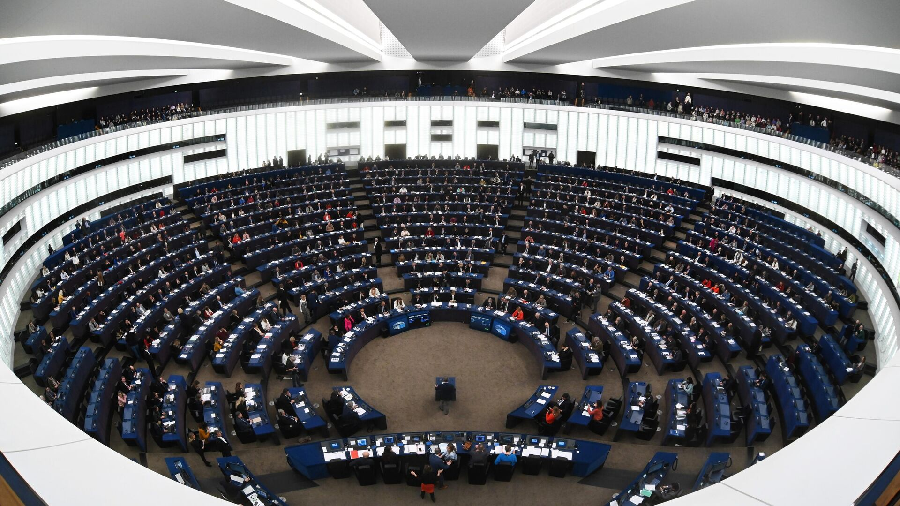Article Reading Time:
2 minutes.

The European Parliament's Economic and Monetary Affairs Committee has voted to impose strict restrictions on banks seeking to hold crypto assets on their balance sheets.
The decision follows the rules of the Basel Committeeon banking supervision, which require that stocks of unsecured bank assets should receive the highest possible risk weight. The new rule, if approved by parliament, will significantly tighten existing reserve requirements. The amendments will have a significant impact on the capital of banks, but will not come as a surprise to the market, since financial organizations regularly face the consequences of applying these measures during rehabilitation and revocation of licenses.
The new restrictions equate those taken into accountbalance sheets of banks cryptoassets to promissory note, collateral or fictitious lending to companies, when the loan is classified as bad and requires 100% reserves.
“Banks will be required to reserve eurosequity for every euro held in cryptocurrency. Such prohibitive capital requirements will help prevent instability in the crypto world from spreading to the financial system,” explained Markus Ferber, an economic spokesman for the European People’s Party, the parliament’s largest political group.
Association of Financial Markets in Europe (AFME),A lobbying group representing traditional financial institutions such as investment banks has expressed concern that the amendment's scope may be too broad.
To become law, approved by the Committee onOn economic and monetary issues, the bill must be approved by the European Parliament and agreed upon with the ministers of national finance of the EU countries.
Previously, the European Parliament moved
in April, the final consideration of the bill on regulation of cryptocurrencies in the European Union (MiCA).




